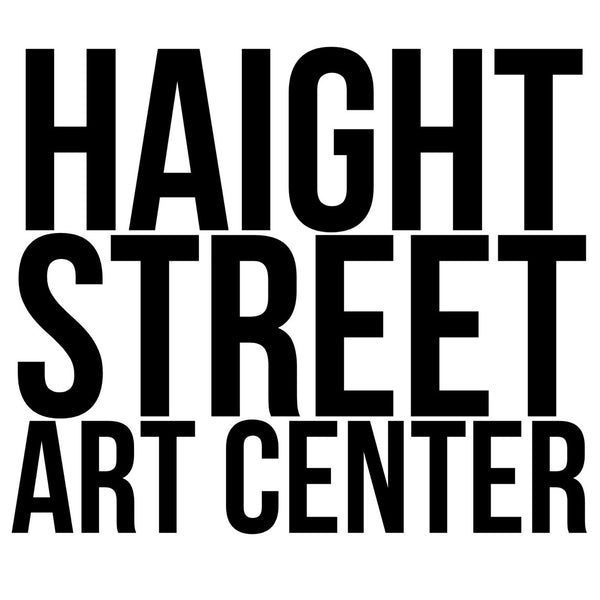Silence of the Good - Hundred Storms
Hundred Storms

Hundred Storms is an interdisciplinary Native American Designer and Artist. In 2011 he graduated with a BFA in Inter-media from Arizona State University. In 2016 he graduated with an MFA in Social Practice at California College of the Arts in San Francisco. Currently he manages a creative branding agency based on the Navajo reservation.
Art Show Statement:
Before European colonization of the Americas, Indigenous peoples had their own territories and governing systems. Also known as sovereignty, tribes governed themselves without any outside political bodies involved. Since the Indigenous were defeated by the American colonizers in the so-called “Indian Wars”, our sovereignty has been under attack ever since. The Indigenous have become subjects of the occupying force. We’re domestic subjects of the Government when the Reservation concentration camp system was created. Our modern tribal governments were created to facilitate the resource exploitation of our lands. In 1924 the Indian Citizenship Act was created without the consent of the tribes but it was up to the states to determine the voting criteria, which suppressed many votes. This also meant tribal people's could be taxed and further assimilated. Before we were citizens of our own tribal nations. The treaties were nation-to-nation agreements and were now put in jeopardy. Christian white supremacist groups like the Indian Rights Association intended to assimilate Indians through admission to citizenship. They would lobby Congress to create the horrendous boarding school system, the Dawes act, reformation of the Bureau of Indian Affairs, and pass the Indian reorganization act of 1834.
Voting consolidates the power of the population in the hands of a few. The Indigenous are a small fraction of the total population and in a majority rule indirect quasi democracy we will be at the mercy of settler political parties, politicians and laws. Today it’s obvious money and not votes is what rules the people. Politicians must consider their funders and lobbyists. The Electoral College members can be bought and the electoral system can override the popular vote for President. So-called American democracy is looking more like an oligarchy. It wasn’t until 2020 that the Supreme Court ruled that states could require their Electoral College representatives to support their states popular vote winner. Prior, only 32 states and Washington D.C. had such laws. States without these rules could have their Electoral representatives vote for whomever they want despite their local popular vote. It’s up to the states to enact them and we will see how this play out.
I feel the sentiment that the whole system should be dismantled. A vote cannot do that. A vote perpetuates the system but a vote could alter it. Consolidating the Native vote for more Native politicians carries hope for many. This could also be seen as our assimilation being fulfilled. We are a minority looking for inclusion is better than the history of white male politicians making laws without our consent. There still is a minority of Indigenous peoples who would rather not be a part of the American system and seek liberation and true sovereignty. From the confines of our subjugation I feel voting holds some potential. I don’t think of voting in terms of just the ballot but broadly in that it includes protesting and non-violent direct action. As long as you contribute your voice in some way is what matters to me. I think formulating a Native voting bloc is an interesting and developing space. We haven’t seen the potential for change this could bring. In 2019 two Native American women were elected to the House of Representatives for the first time. In 2020 the Native vote could influence results in 7 swing states. Our collective voice has to grow and mature. We have yet to realize our potential within the fraught established system. Rock the Native Vote.
Pronouns: He/Him
Visit:
hundredstorms.com



